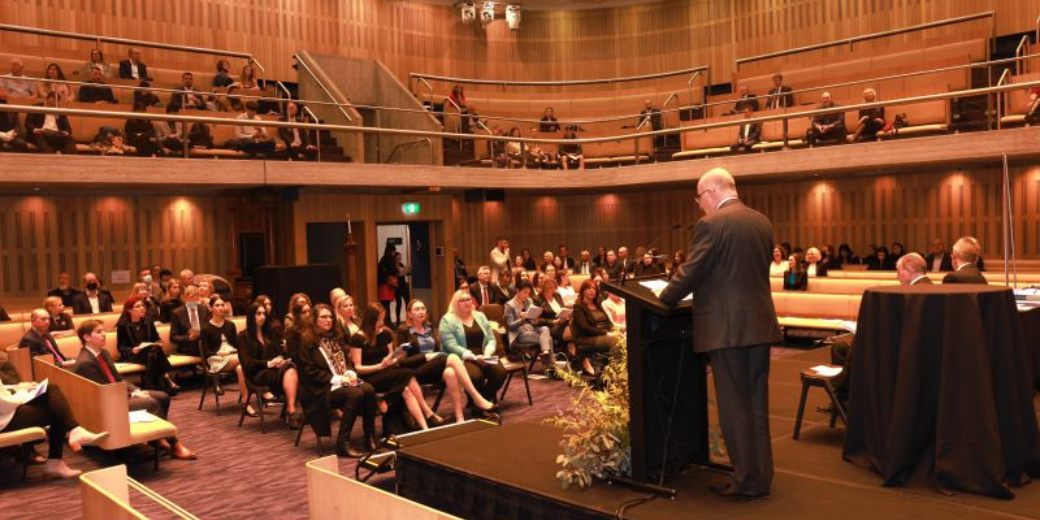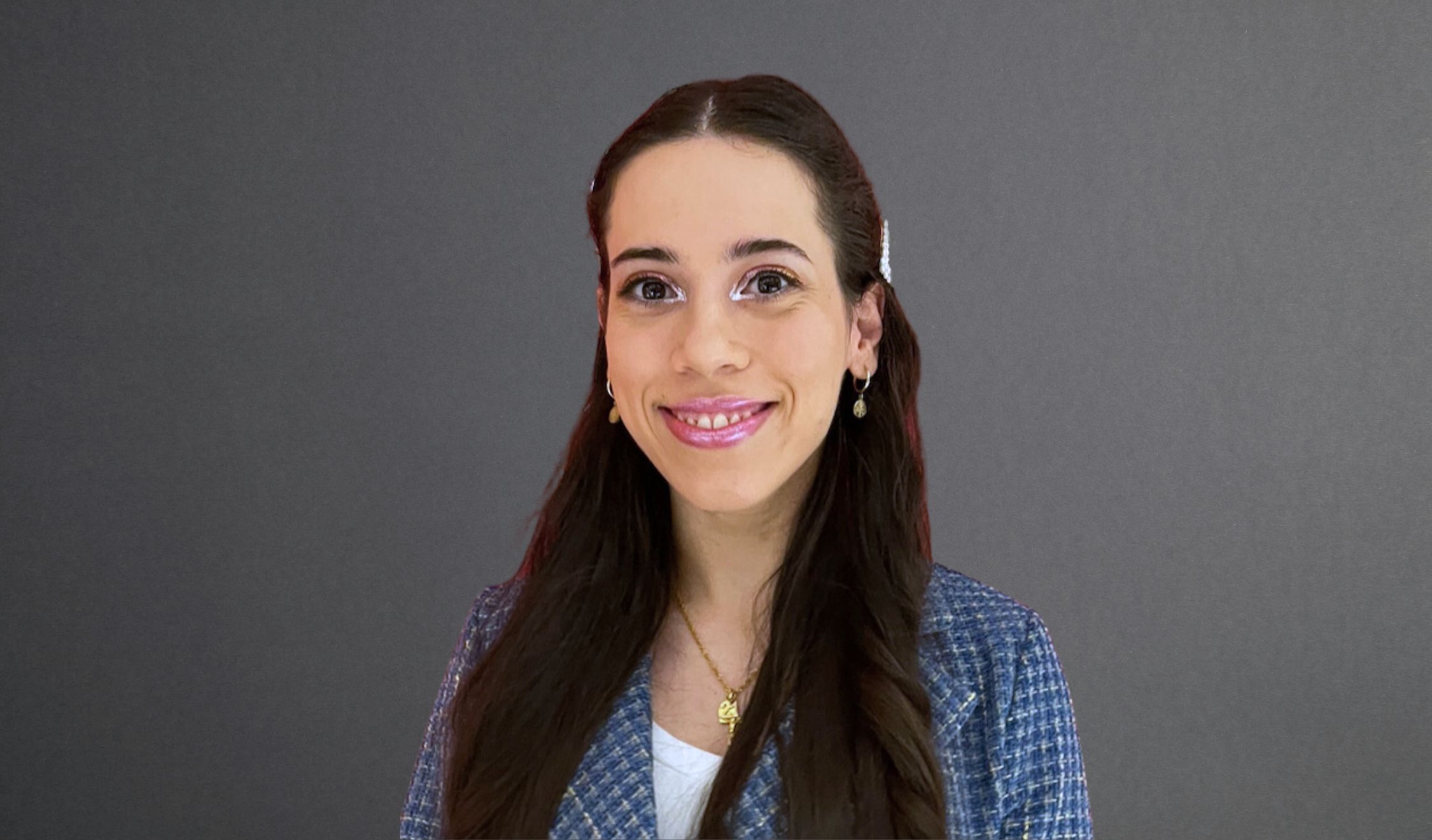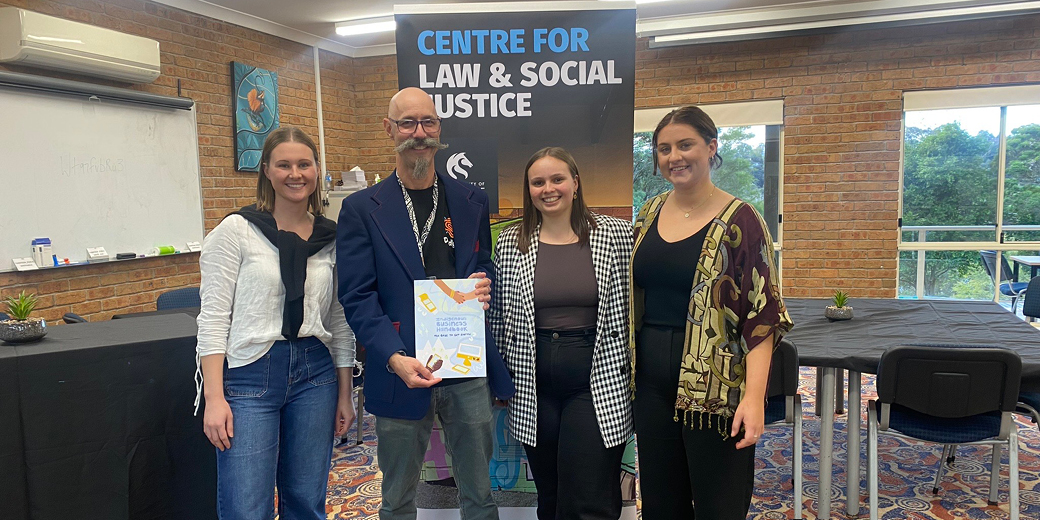Ever wondered how to stand out and distinguish yourself as a junior lawyer? After running the gauntlet of competitive clerkships, you’ve landed a grad role. In those crucial years, how do you ensure you learn, provide value to your peers, mid-career lawyers, senior associates, special counsel, and partners - and steer clear of the mistakes that might sink or set back your career?
To get the direct line on what (and what not) to do, we caught up with two College of Law PLT grads: Construction Lawyer Jason Feng (whose practical guides for junior lawyers has attracted over 17k followers on LinkedIn), and Lawyers Weekly 30 under 30 finalist and Competition and Consumer Law specialist Meihua (Mei) Gong.
Our conversation was inspired by Jason’s popular LinkedIn and blog post, 5 career tips to help junior lawyers stand out.
1. What does ‘taking care of the easy stuff’ mean to you?
Jason: I think ‘taking care of the easy stuff’ can also be ‘doing the work to your 100%’. It’s best to think about the final work product as a cumulative effort between the juniors, somebody like me in the mid level, and ultimately the partners who send out the work.
As a junior lawyer, the things within your ability could include:
- getting the form of document right;
- reading through the file/all the relevant documents for the matter details;
- setting out all the questions that need to be answered;
- proofreading and formatting;
- preparing a compare showing all your changes; and
- setting out questions that you’re not sure about and would like reviewed in particular.
Then a mid-level lawyer like me (or a partner) can step in, double check things, answer any flagged questions and make changes for technical corrections/style. It saves me time from having to set up the document or do all those other things that the junior lawyer can handle.
If juniors can write a perfect advice/memo/email themselves – then that’s the dream. But that’s definitely not the expectation. If those easy things are handled and they give the harder things a proper go, then that’s a junior that I’d love to work with and spend time teaching to improve their 100%.
Mei: I think 'taking care of the easy stuff' looks different in each situation.
For example, if there is a time sensitive research task where I want to know the answer quickly, I do not want the junior lawyer to stress out about proper referencing, proofreading etc. at the expense of getting me the actual answer to the research task on time. It is important for junior lawyers to make sure they ask the questions they need to get good instructions (and there is an obligation on the instructing lawyer to try to give good instructions). This enables junior lawyers to provide the best support/value-add that they can on each matter.
I have not seen junior lawyers miss the 'easy stuff' because they want to 'prove themselves' through undertaking extensive research or overcomplicating an issue (it is more that they do not know how they can value-add). As an aside, there may be other reasons why junior lawyers are not undertaking in scope legal research (e.g., they are still learning about the law and figuring out what is and is not relevant).
Overall, having a reliable junior to 'take care of the easy stuff' means I can focus on strategic thinking/issue spotting and deliver a better product to the client/partner within a shorter amount of time. Doing so demonstrates that the junior lawyer understands how their work fits into the bigger picture, that they are adaptable and agile in how they can value add, have a strong sense of self-awareness of their strengths and weaknesses, are proactive and detail-oriented, which are all important, desirable traits of high performing, junior lawyers.
2. How would you suggest junior lawyers find the line between 'being proactive and helpful' and potentially 'being a bit annoying/following up too much?'
Mei: It takes experience for junior lawyers to figure out how to get the right balance so they are 'being proactive and helpful' rather than 'being a bit annoying'. To be fair, some of the onus should also fall onto other more senior lawyers in the team to guide the junior lawyers on how they can be proactive in the most helpful way (or create a supportive environment where the junior lawyer is not afraid to ask these questions).
I will use some personal examples to illustrate this. When I was rotating as a graduate through a large insolvency group (in pre-pandemic days where everyone was in the office all the time), I adopted the approach of saying good morning to every team member every day and asking them at the same time whether there was anything they need help with (on days where I had capacity). On rare days where I did not do that, I did send a team wide email to indicate I had capacity. On reflection, while I never got direct feedback on this point, I probably did not take the most effective approach (i.e. it was perhaps too frequent/broad).
Since then, I have rotated through smaller groups (and currently working in a small group), where these groups would circulate work if there is any, so less frequent check-ins were appreciated. Over time, I have also gained more autonomy (and more knowledge of where I can value add) so that I have become less passive in 'waiting for work', but rather actively identify where I can value-add and action on these ideas promptly after flagging these ideas and getting the 'green light' from an appropriate senior lawyer in the team.
Jason: It hasn’t been that long since I was dealing with the same thing – worrying about asking questions because I thought I was annoying my supervisor or saying dumb things. Now that I take on more of a supervisor role, I realise that’s not something juniors should worry about.Supervisors would prefer you ask more questions and produce the right work product than stay silent because you’re scared of bothering us.
That being said, some things that juniors can do include:
- writing down and reading back instructions to make sure you and your supervisor are on the same page;
- setting up a time with your supervisor to discuss any initial questions / check you’re going in the right direction (maybe scheduled an hour or 2 after starting the task) – that way you’re not ‘drip-feeding’ questions throughout the day; and
- jotting down a skeleton to discuss / check with your supervisor before writing out the whole draft.
3. Clear and active communication is crucial. Why do you think junior lawyers might sometimes not be as clear or communicative as they could be?
Jason: It's hard to pinpoint any particular reason for this since it probably depends on what the junior lawyer is like as a person. Like you mentioned, they could be anxious about taking up too much time or asking ‘stupid questions’. Or maybe they just haven’t worked in team environments much so they don’t know what the expectation is (shoutout to 5 years of solo assignments in law school).
I think as a general rule, it’s helpful to find a lawyer who’s a few years ahead of you (even better if your law firm has a buddy system in place). Most of my early learning was from those sorts of colleagues who could give you a heads up about how the team operates, where to look for resources or even give pointers on how the printer works!
If you do get help from them, I’d suggest writing down the things you’re learning so you can refer back to them. Or even better – you can use those notes as guides for the next wave of juniors coming in after you.
If you wanted some tips for specific scenarios like dealing with conflicting deadlines, asking for leave etc. – you can check out https://www.practisinglaw.com.au/junior-lawyer-faqs/
Mei: I think like the previous issues, this is also a multifaceted issue. Junior lawyers often don't get guidance on what 'clear or active' communication looks like in the group (and each lawyer has a different preference on how often/the way in which they want to be kept updated). I encourage junior lawyers to have candid conversations with instructing lawyers on a regular basis to ensure that they satisfy expectations (including on communications) and take active steps to improve on this essential skill.
I think the main hurdle (and I certainly have felt this way as a junior lawyer), is that there is a perception that senior lawyers are very busy/time poor and junior lawyers don't want to waste the senior lawyers' time. Other hurdles might include: junior lawyers wanting to show they are 'on top' of things and 'ready to impress', so they may well struggle to say 'no' to extra work or be able to predict how long a task will take or take leave when they need to.
My suggestions for junior lawyers to constructively and respectfully approach these concerns are as follows:
- have a chat with a trusted lawyer in the team and ask their guidance on how such situations should be navigated. More experienced team members usually have a deeper understanding of their team members' personalities and how to best approach a topic and can give some really valuable insights to make the conversation less daunting;
- prepare some sort of script (either mentally or write it down), anticipate potential objection/queries, and use that to structure the conversation; and
- be proactive about communicating the solution - for example, if the junior wants to take leave, they should identify who in the team can pick up their work, or that they can finish a certain part of the project before they go on leave and have a proper hand over. Another example is if the junior does not have capacity to handle a task, they can either indicate when they can start on the task or alternatively suggest another person whom the task can potentially be assigned to.
4. What are the biggest missteps you've seen made by junior lawyers - and how would you advise they avoid them?
Mei: I would preface by saying that there is a difference between 'missteps' and 'mistakes'. Junior lawyers will make many mistakes as part of their learning, but I see missteps as something more serious, i.e. having a significant fault pointed out, but never fixing said fault.
The two common missteps I have seen made by junior lawyers include:
- Overconfidence in one's ability/knowledge - this can be 'off putting' because it shows a lack of self-awareness, and lack of curiosity/humility on the part of the junior lawyer. The best way to avoid this is to actively ask for feedback and seek to improve based on the feedback, as well as look for ways to increase one's technical knowledge of the law, i.e. reading up on the latest legislative development.
- Failing to manage expectations and taking on too much work - The previous questions already partially touched on this point, but it is important for junior lawyers to appreciate that they can provide the most value add when they produce the highest quality workwithin the time available (and do that consistently). When junior lawyers have competing priorities or have personal commitments, they should have consistent, continuous conversations with team members on setting appropriate boundaries and managing expectations to ensure they work effectively and sustainably.
Further, if the junior lawyer doesn't have the relevant technical skills to complete a task (for example, if they have no prior experience with a particular software/application), they should make that clear earlier rather than later so that they can get appropriate guidance to do the task in the most efficient manner.
Jason: One thing I always advise new lawyers is to take ownership of a niche in your team. Often, new lawyers have an expectation that the law firm will provide them with the right opportunities and training that matches their interests and skills. While that does happen, it’s more a matter of luck than design.
If you don’t take proactive steps to learn about what your team’s needs are and trying to be the ‘go-to person’ for one of their problems (big or small) - you’re more likely to be pulled in as “junior lawyer #5” in a big discovery matter.
There’s a misconception that you need a few years of experience but it usually only takes a couple of months to become the ‘go to person’ for:
- an area of law – e.g. the PPSA Act authority in a construction team (you don’t need all the answers right away, but people know to ask you to find the answers)
- a piece of technology - e.g. using Lucidchart to create flowcharts of processes or contract maps
- industry or client information - e.g. updating the team on cladding best practices in building apartments
- CLEs - organising notes from seminars that your team members attend into one shared area.
The key is to start looking out for problems that your team is facing (e.g. something that people are complaining about, spending too much time on, or asking others questions about). Spend some time testing out solutions for them. If the solution works, share it with your supervisor / team and let them know to contact you if they have any further questions.
Boom – you’re on your way to being an expert.










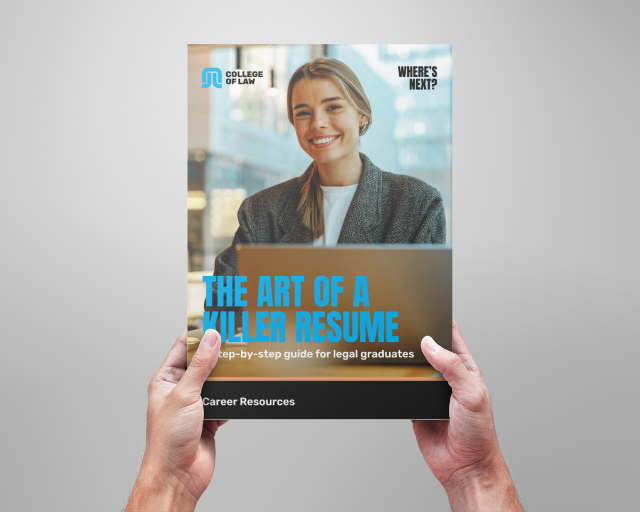


















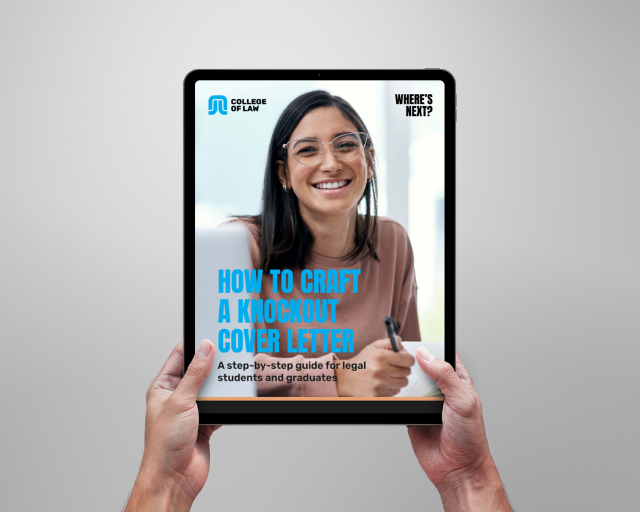















![How to handle Direct Speech after Gan v Xie [2023] NSWCA 163](https://images4.cmp.optimizely.com/assets/Lawyer+Up+direct+speech+in+drafting+NSW+legislation+OCT232.jpg/Zz1hNDU4YzQyMjQzNzkxMWVmYjFlNGY2ODk3ZWMxNzE0Mw==)































